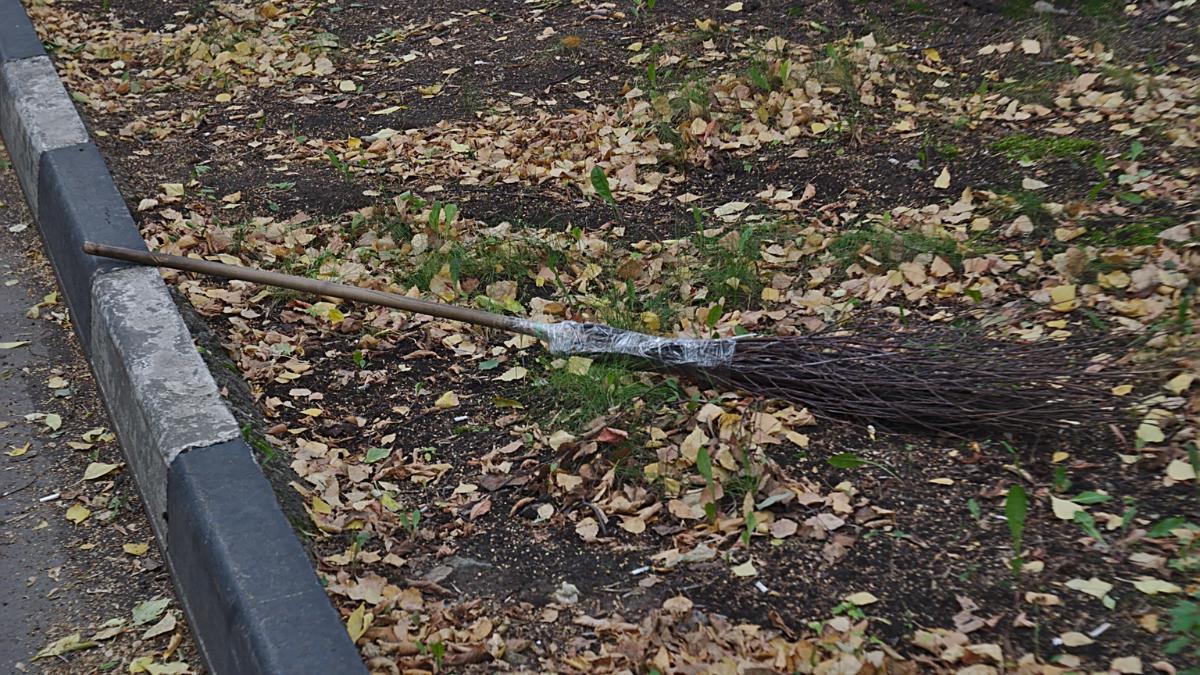Last Updated on August 1, 2023 by Kravelv Spiegel
Forgotten lawns are a wasted opportunity. It doesn’t matter if you just inherited such a lawn alongside your new house purchase or if you’ve neglected the lawn yourself. If you have the energy, a bit of cash for the budget, and some imagination, you can start to transform your outdoor space. We all need to feel connected to nature, and yes, a flat, boring lawn is one of the most boring outdoor spaces out there – that’s why you are going to change that.
First, you need to clear out the weeds and the worn-through grass. Start with a fresh slate, and then use this guide to build a truly wonderful garden that highlights your home’s design and gives you a stunning escape from modern life all at once.
1. Dig Up What’s There
First things first, it’s out with the old! Dig up what dead and wild lawn you currently have. You can do this yourself with something as simple as a hoe and a lot of legwork. Or you can hire a company to resurface your space professionally in far less time, thanks to their professional tools.
2. Add Plant Beds and Plant Edges While You Can
Since your yard is completely bare at this point, it’s a good time to add those design details you’re dreaming of. This can be done by establishing plant beds or edges where things like trees, bushes and flowers will, ideally, be planted. You’ll want this outlined first because those areas should be dug up further and soil added in its place. It’s often a good idea to have professionals do this since they’ll not only have the excavation tools necessary but also access to great deals on wholesale landscaping supplies near me.
3. Lay Down a Patio
Another design feature you’ll want to add before you put the lawn back in is a patio. A patio is a great spot where you can add either an outdoor living area or dining area (or both!). Since the ground is already bare, all that’s left is to level it out a bit more and add the patio or build it, depending on the type you’re going for.
4. Returf Your Lawn
Once your plant beds and patio are in, you can returf your lawn. Doing this last saves you money on the amount of grass you need to buy and have installed, and also wastes less overall. As the roots grow down, you’ll want to regularly water and even fertilize. Once it’s established, start a regular cutting routine to encourage healthy growth.
5. Add Plants and Grow!
Finally, it’s time to start adding plants. You can get young trees, bushes, and flowers for far less than you can get their adult counterparts. Not only that, but these younger plants typically establish themselves more effectively in new environments, meaning less will die off as time goes on.
For best results, work with the garden specialists to help pick out plants that like each other. Plants can grow in harmony to great effect, but you need to know what species work with what. Otherwise, you run the risk of one plant inhibiting the growth of others.

